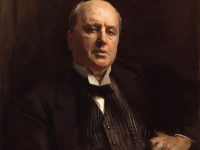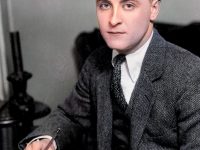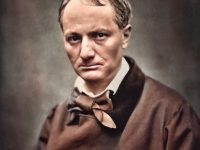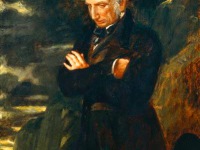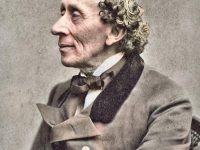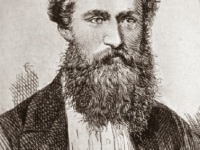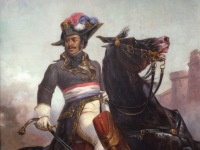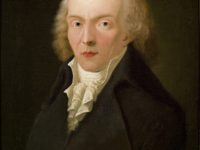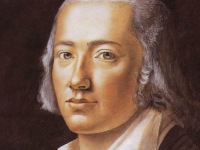Henry James and Impressionism in Literature
On April 15, 1843, American-British author Henry James was born. James is regarded as a key transitional figure between literary realism and literary modernism, and is considered by many to be among the greatest novelists in the English language. He is best known for a number of novels dealing with the social and marital interplay between emigre Americans, English people, and continental Europeans – examples of such novels include The Portrait of…
Read more

